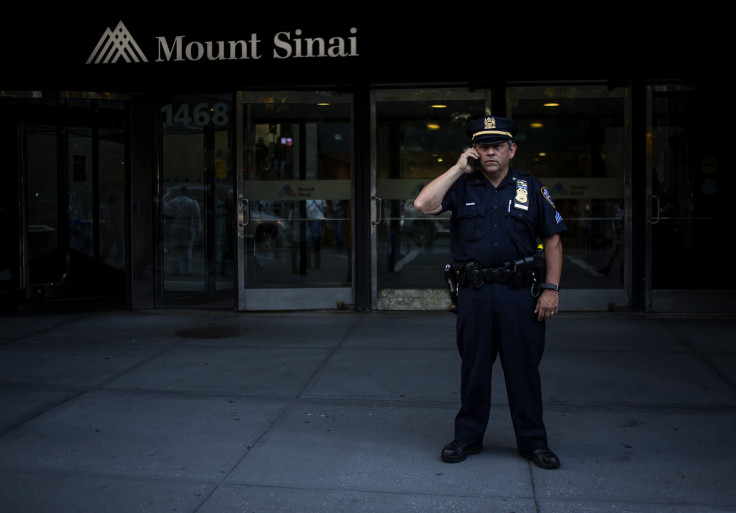How The US Government Is Trying To Contain The Ebola Outbreak

Airport screenings. Enhanced training for nurses. Immediate response times for new patients. Updated testing standards. The U.S. government detailed late Wednesday a series of control measures aimed at stopping the Ebola outbreak that has claimed thousands of lives in West Africa since March as two health care workers in Texas were diagnosed with the deadly virus.
President Barack Obama offered new reassurances to the American public Wednesday that the budding Ebola outbreak in the U.S. would be kept under control. He called the outbreak a "national security threat" with "low margin for error" during his televised speech from the White House.
"It is very important for us to make sure that we are treating this the same way that we would treat any other significant national security threat," Obama said. "And that’s why we’ve got an all-hands-on-deck approach -- from [the Department of Defense] to public health to our development assistance, our science teams -- everybody is putting in time and effort to make sure that we are addressing this as aggressively as possible."
So what exactly is the U.S. government doing to contain a potential Ebola epidemic? The process began at U.S. airports last week, with new passenger screenings aimed at identifying travelers with potential Ebola symptoms. The U.S. government reportedly also is building a "no-fly" list of people who have been exposed to Ebola. The list is being implemented by the Transportation Security Administration and the Department of Homeland Security.
Under the new security measures, a "site manager" will supervise how workers at the Texas Health Presbyterian Hospital in Dallas put on and take off protective clothing. The hospital treated Thomas Eric Duncan, the first man to die from Ebola in the U.S., and two of its health care workers contracted Ebola after caring for the Liberian national. Two nurses from Emory University Hospital in Atlanta will also offer "enhanced training" in Dallas.
To prevent the virus from spreading to other health care workers in the future, an immediate response team will travel to the site of any future Ebola diagnoses to hit the ground "within hours." Meanwhile, new guidelines for testing at hospitals throughout the U.S. will place a special emphasis on travel history, according to the BBC News.
Time will tell if the precautions are enough to stop Ebola from spreading in the U.S. A total of 4,493 people have died from the worst Ebola outbreak in history, according to statistics released by the World Health Organization Wednesday. In all, there have been 8,997 confirmed Ebola cases this year.
© Copyright IBTimes 2024. All rights reserved.






















